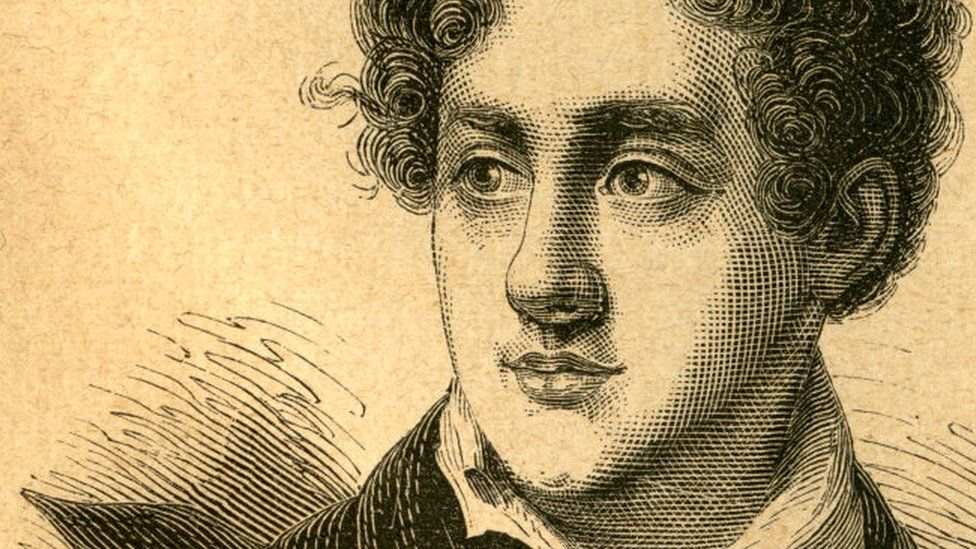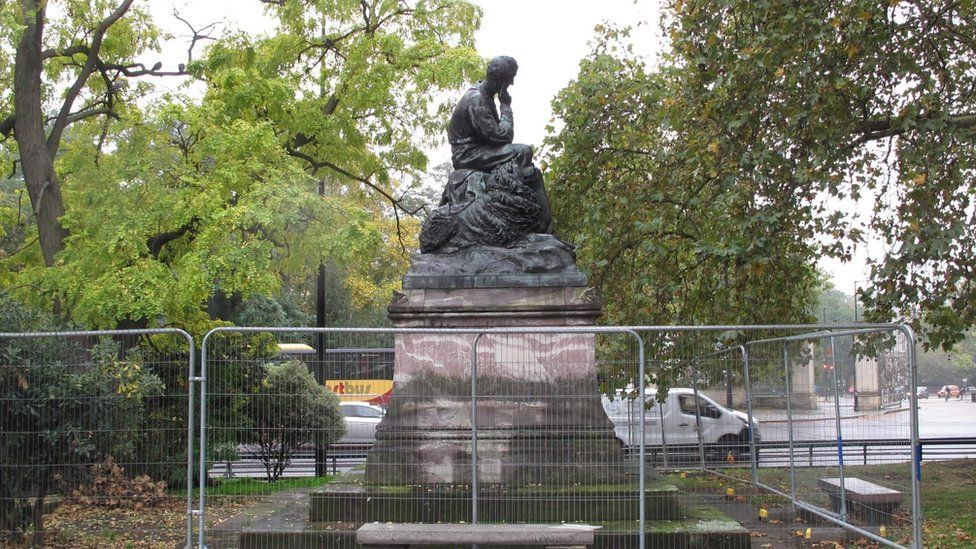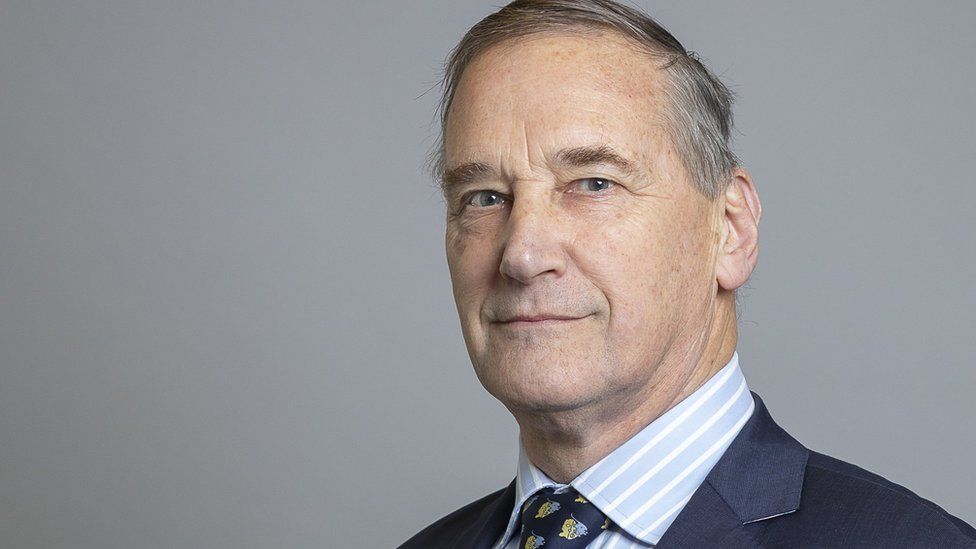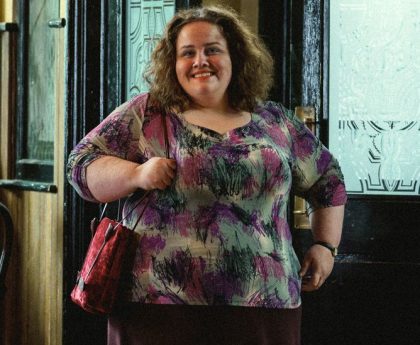 Image source, Getty Images
Image source, Getty ImagesA descendent of Lord Byron wants a statue of the poet moved from a traffic island in central London.
The Earl of Lytton cited a government pledge made in 1958 during a debate on the then new Park Lane traffic scheme.
Lord Lytton, Byron's great-great-great-grandson, said the bronze, created in 1880 by sculptor Richard Belt, "languishes" in an isolated spot.
On the bicentenary of the poet's death, the Byron Society is fundraising to get it moved to Hyde Park.
Speaking in the House of Lords on Wednesday, arts minister Lord Parkinson of Whitley Bay said: "The continuing fascination with his life and works has cemented his status as one of England's greatest poets, and it is absolutely right that his legacy be honoured.
"The government fully supports the relocation of Lord Byron's statue into Hyde Park, led by the Byron Society. Once in situ, the statue will become a retained asset of the government."
 Image source, Google
Image source, GoogleLord Lytton asked the government "to assist financially" in fulfilling the understanding given nearly 66 years ago when the Park Lane traffic scheme was being discussed, "especially given that some department in the 1960s saved more than a bob or two" by not moving the monument then.
Urging public support for the relocation, Conservative peer and historian Lord Roberts of Belgravia produced a pun on a phrase used by Lady Caroline Lamb who described her lover Lord Byron as "mad, bad, and dangerous to know".
Lord Roberts said: "The siting of the Byron statue in the dual carriageway is mad, bad and dangerous to show."
Responding, Lord Parkinson said: "I congratulate my noble friend on his poetic exhortation."
 Image source, House of Lords
Image source, House of LordsAnother couple of peers then joined the literary fray, with Labour's Lord Bassam of Brighton suggesting a national Byron day and quoting: "But words are things, and a small drop of ink,/ Falling like dew, upon a thought, produces/ That which makes thousands, perhaps millions, think."
Lord Kirkhope of Harrogate capped that with: "My Lords, 'to have joy, one must share it'. That is a quotation from Lord Byron.
"He is hardly being shared where he is presently located".
Lord Kirkhope then suggested Byron should go on the fourth plinth at Trafalgar Square, before being told that was a matter for the mayor of London's department, not the House of Lords.

Related Internet Links
Source: https://www.bbc.co.uk/news/uk-england-london-68836491





